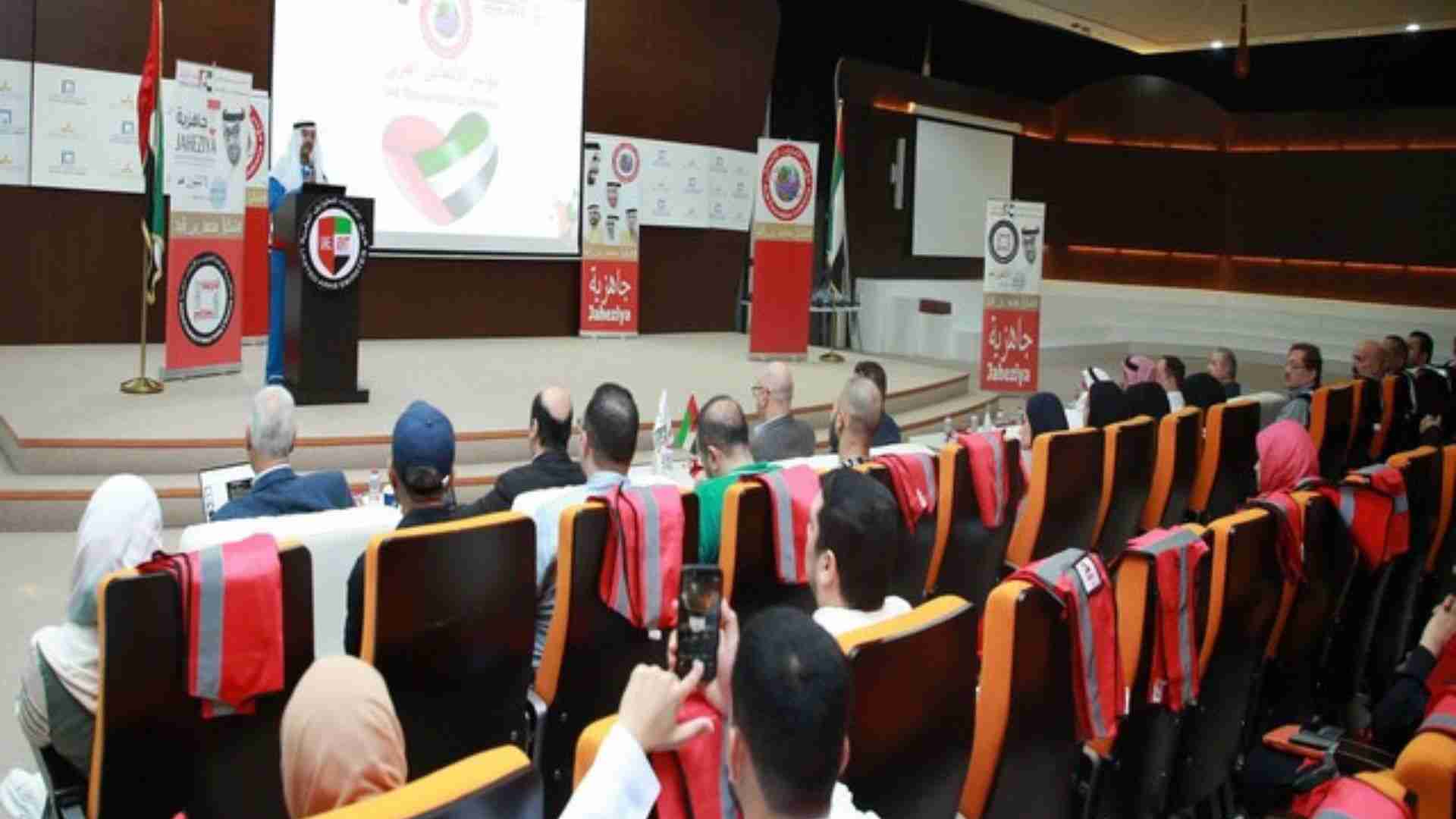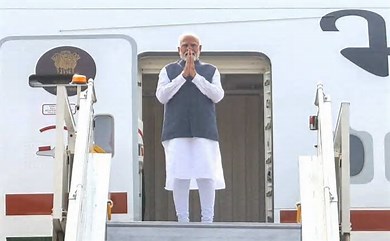
On 24 August, the war in Ukraine entered its sixth month, with no end in sight. Two days later, on 26 August, we celebrated International Dog Day. Two seemingly disparate events, the first an unfolding tragedy, the second a celebration and yet there are important, related lessons we may derive from them in terms of our collective humanity, and human nature itself.
Two thousand years ago, in the first century, Plutarch, a Greek biographer coined an axiom on how every dog would have the opportunity to take revenge someday. More than fifteen hundred years later the expression was included in John Ray’s ‘A Collection of English Proverbs, published in 1678 with the modified expression: ‘every dog hath his day.’ In common English usage we now say, ‘every dog has his day,’ or if we were to be gender neutral ‘every dog has its day.’
Just as the original phrase travelled from Greece to England, it subsequently travelled across the world, and gained currency in different languages. The expression ‘every dog has its day,’ has even come to be used in Bollywood films in a Hindi translation. What does it really mean? In common parlance, it suggests that even the lowest amongst us will be successful at some point of time. Well, guess what? The lowest amongst us, in this case, meaning the dog, has been successful. Every dog now does have his day! Or rather to be more accurate, all dogs now have a day, the same day.
On 26 August, the world celebrated ‘International Dog Day’ first introduced in 2014 by Colleen Paige, nicknamed the ‘animal oracle’. The world will continue to celebrate this day year after year, and pet dogs all over the world can look forward to some special treats from their master or mistress, as the case may be.
Incidentally, the expression ‘it’s a dog’s life’ was coined in 16 century England, to refer to the miserable, wretched lives that many dogs led at that time. Although dogs continue to be mistreated and suffer, and even get eaten up in many parts of the world, for those who become the pets of humans or employed by the police, it is no longer ‘a dog’s life’ and they lead reasonably happy, contented, tail-wagging lives.
Dogs have come to acquire increasing importance in the lives of humans across the planet. In India too, as the nation had improved its per capita income rankings, benefits have percolated down not only to the poor but also to ‘man’s best friend.’ More and more Indians keep dogs as pets. Stray dogs do lead wretched, miserable lives, despite sympathetic dog lovers who provide food to them. A report in Forbes speaks of the explosive growth in the pet industry. It appears that millennials have embraced the idea of keeping a dog even more than their parents.
The number of sayings that have arisen around the dog is perhaps a measure of the importance this furred creature has acquired in our lives. There is ‘doggone,’ ‘dog-tired,’ ‘it’s a dog-eat-dog world,’ ‘let sleeping dogs lie,’ and many others. ‘The Power of the Dog’ one of last year’s most feted films, is also the title of a poem written by Rudyard Kipling, warning the reader not to get too attached to dogs. Kipling writes:
Brothers and Sisters, I bid you beware,
Of giving your heart to a dog to tear.
Despite such exhortations, many of us are deeply attached to our dogs, and shower them with love and care. An entire industry has grown around the dog. Dogs are taken to specialists to be washed, for a haircut, to be groomed. In Japan, people even take their dog for dancing.
To come now to the connection between the two events, that of the Russo-Ukrainian War and the day of the dog, they point to one big contradiction in human civilisation. It is a matter of historical record that we carry out terrible and frequent massacres and killings of our own kind: witness the terrible conflict raging on in Ukraine, to take only the most recent example. Although we habitually slaughter our own kind in the avowed cause of nationalism, religion, caste, community, etc, at the same time, we have this deep longing for friendship and love. Generally speaking, it would appear that human beings are too selfish and self-centred a species to love each other the way each one of us wishes to be loved. In the dog, however, we have found another species who will love us unconditionally, the way each one of us wish to be loved. The reason people love to keep dogs has as much to do with the animal, as with ourselves and our great need for companionship and love.
Were Charles Darwin, author of ‘The Origin of the Species’ alive he may have added an addendum to his work that suggested that another way for a species to survive and even possibly thrive is to befriend the most successful species, that is to say, us, the human being. If the dog’s success in surviving and thriving is a measure of our need for love, perhaps the near extinction of other species is also a measure of sorts: of our self-centredness and our less loving nature towards other forms of life. Is it possible for us to overcome and rise above this latter aspect of our nature?
International Dog Day just went past, but World Animal Day now beckons which will be celebrated on 4 October. The International Day of Peace falls a little earlier in September. Our love for the dog, cat, and other pets notwithstanding let us also devote some thought on what we can do to eliminate the suffering of fellow humans in endless and unnecessary wars. Equally, or perhaps even more importantly, we need to also think of other less successful species, some on the verge of extinction, that have as much of a right to live and prosper on this planet of ours, as we ourselves do.
(Rajesh Talwar is the author of 34 books across multiple genres. He has worked for the United Nations for over two decades across three continents in numerous countries.)















